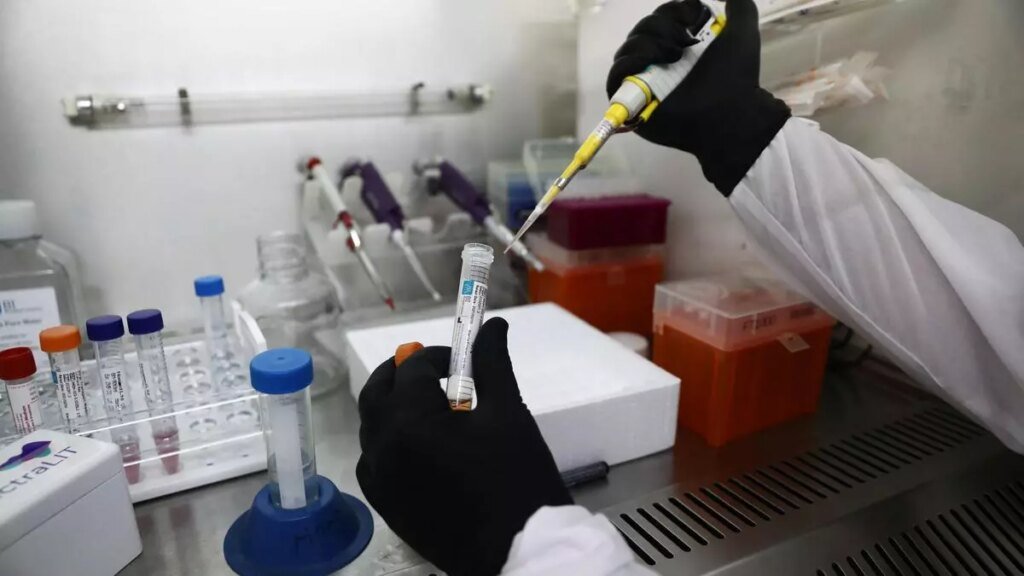Clinical trials waiver for some drugs raises questions

Earlier this month, the Centre decided to waive the requirement of clinical trials in India for a select category of drugs approved by the regulators in the US, Japan, the UK, Canada, Australia and the EU. The medicine categories to which this waiver will apply are those used to treat a rare disease (orphan drugs); for gene and cellular therapy; pandemic-related drugs; those used for special defence purposes; and new drugs that mark a major therapeutic advance over the existing levels of treatment.
The waiver of clinical trials will provide speedy access to special category medicines by removing a market hurdle (both in terms of cost and time) to MNCs which are keen to sell in India after meeting the regulatory requirements of the developed world. However, the issue is whether medicines tested on populations with a different gene pool should be marketed in India without their being tested for compatibility with our genetically diverse populace. It cannot be assumed that the drugs so exempt are inert to genetic and ethnic differences. Therefore, using the Covid-19 experience as a guidepost, “bridging trials” over a few months should be conducted at the very least to evaluate their ‘fit’ with the local population. That would generate some rudimentary data on safety, efficacy and immunogenicity.
A waiver seems to invoke the principle of ‘emergency use authorisation’ during the Covid days. While the Centre might have been justified in responding to the needs of numerically small patient groups, it should not relax its clinical trials norms unless the situation is exceptional or dire. The office of the Drugs Controller General of India should be sure that due process with respect to clinical trials has been followed in the six countries/regions which have been allowed this concession. Follow-up monitoring of medicines, or post-marketing surveillance is another concern. The systems in place to conduct post-marketing surveillance do not inspire confidence. In the annual reports of the Indian Pharmacopoeia Commission, tasked with overseeing this function, this issue has not been given the importance it deserves. It would inspire some confidence if the Health Ministry were to periodically report on its action on adverse events.
Towards the end of May this year, the Centre issued a pharmacovigilance protocol for vaccines, which details reporting procedures. But these need to be made simple and transparent, besides being extended to medicines at large. Above all, it is intriguing that MNCs keen to tap into the Indian market should not have included the Indian population in its clinical trials — when the cost of conducting clinical trials here is considerably lower than in the West and an ecosystem of contract research organisations has come into being. Besides, the availability of rare medicines should be accompanied by a level of affordability. It should be possible for the Centre to arrive at an arrangement in this regard as a quid pro quo for allowing easy market access.








